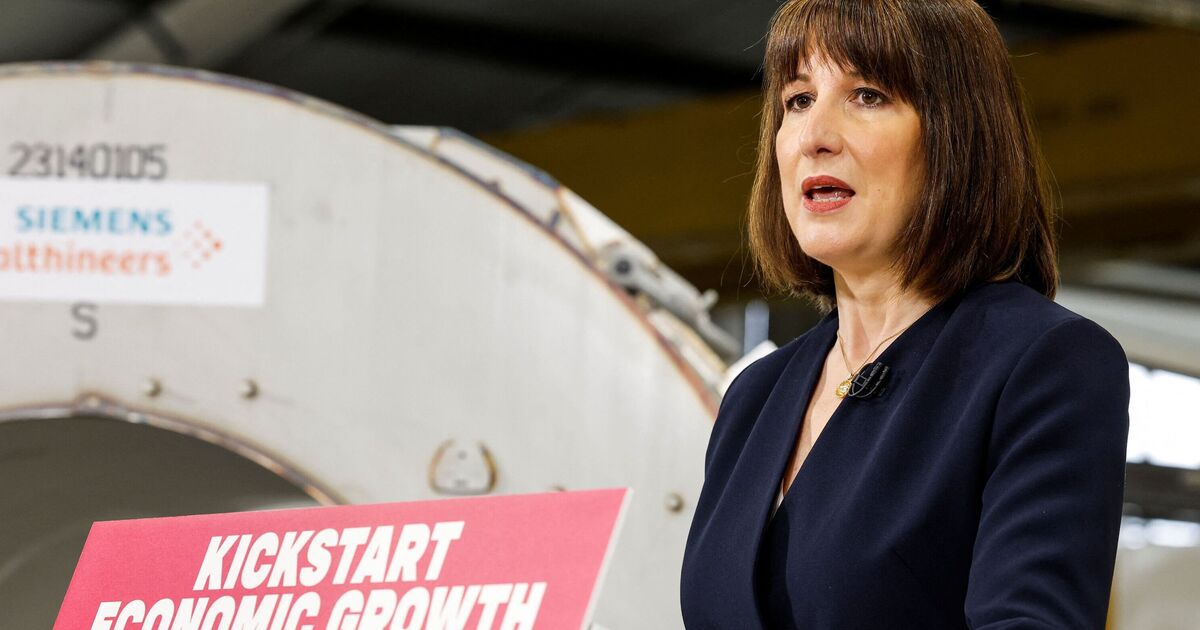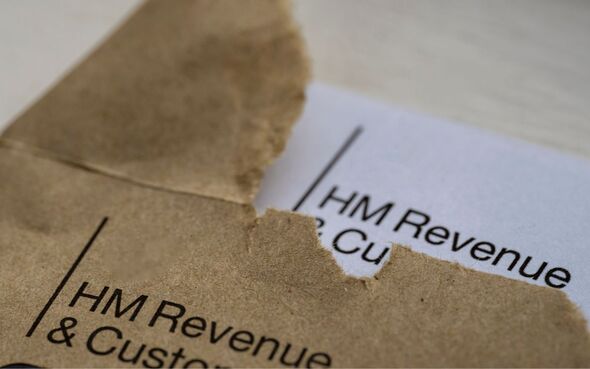
Chancellor Rachel Reeves is facing a mounting economic crisis as experts warn her once-promised fiscal buffer has been completely wiped out— paving the way for potential tax hikes or spending cuts.
Britain’s leading economic think tanks have sounded the alarm, warning that Reeves’s carefully balanced budget is now teetering on the edge due to sluggish economic growth, rising borrowing costs, and the potential fallout from Donald Trump’s trade decisions.
With no room left for unexpected shocks, the Chancellor may soon be forced to make tough choices that could hit taxpayers hard.
No Room Left for Error
The National Institute of Economic and Social Research (NIESR) has revealed that Reeves’s £9.9 billion fiscal headroom has been completely eroded, leaving the government with no financial cushion. Without urgent tax rises or spending cuts, Britain’s economy is at serious risk of being unable to weather future shocks.
“Our forecast indicates that zero fiscal headroom remains as the current Budget is exactly balanced at the end of the forecast period,” said Stephen Millard, NIESR’s interim director.
“If the government is hit by a financial shock, it will have no choice but to raise taxes or slash spending.”
Reeves had promised to balance Britain’s books by ensuring day-to-day spending is covered by tax revenues rather than borrowing. However, with economic growth forecasts downgraded and inflation still above the Bank of England’s 2% target, her room for manoeuvre has all but disappeared.
Trump’s Trade War Threatens Further Economic Pain
Adding to the pressure, economists warn that Donald Trump’s anticipated trade war could deal a fresh blow to Britain’s economy. New tariffs imposed by the US and retaliatory measures from other countries could wipe 0.25 percentage points off UK GDP growth this year and next.
Higher import costs could also send inflation soaring, with some estimates suggesting an additional 0.4 percentage point increase in prices. This would further squeeze household incomes and limit the Bank of England’s ability to cut interest rates.
Despite these growing challenges, Reeves has remained defiant, insisting that Labour’s economic plans will drive growth and investment. But experts are skeptical. Capital Economics has already slashed its UK growth forecast to just 0.5% this year—far below the government’s optimistic predictions.
Higher taxes on the horizon?
Reeves has repeatedly pledged not to raise income tax, VAT, or National Insurance for workers, but experts warn that this promise may soon become impossible to keep.
“If you are committed to those fiscal rules and hit by a shock, the only way to maintain stability is by raising taxes,” said Millard. “Having ruled out certain tax hikes, the government has backed itself into a corner.”
One option still available is increasing employer National Insurance contributions—something Reeves already did by £25 billion in her first Budget. But this risks stifling business investment at a time when economic growth is already floundering.
Government clings to growth hopes
Despite the dire warnings, the government is putting its hopes on a growth agenda centered on housebuilding, infrastructure investment, and economic reforms. Chief Secretary to the Treasury Darren Jones insisted that Labour’s policies would “kickstart economic growth” and ensure “working people have more money in their pockets.”
This includes plans for 1.5 million new homes, a third runway at Heathrow, and the ambitious Oxford-Cambridge Growth Corridor—expected to add £78 billion to the UK economy. But critics argue these projects will take years to deliver meaningful benefits, leaving the government exposed in the short term.
Spring Statement D-Day approaches
All eyes are now on March 26, when Reeves will deliver her Spring Statement alongside updated forecasts from the Office for Budget Responsibility (OBR). Preliminary estimates suggest that the Chancellor’s economic position is even worse than feared, with revised forecasts slashing Britain’s expected growth rates for 2025 and beyond.
Reeves insists she will not announce more tax rises in the Spring Statement, but with Britain’s finances stretched to breaking point, few believe this pledge can hold.


















